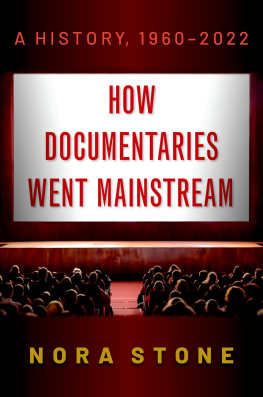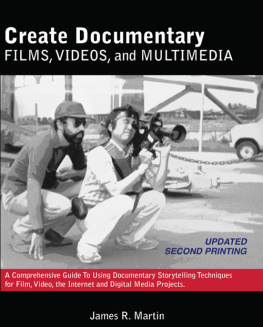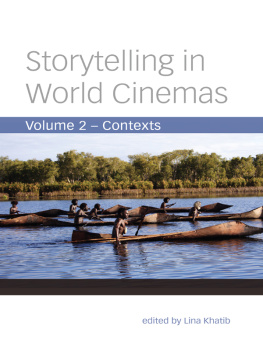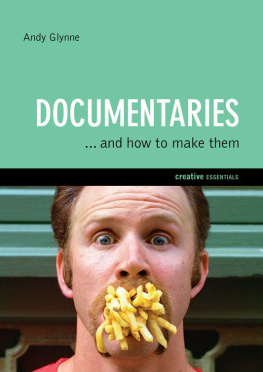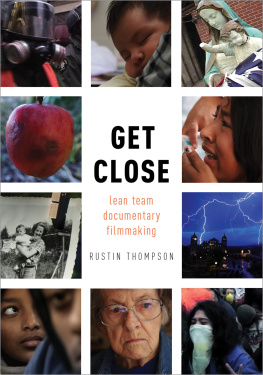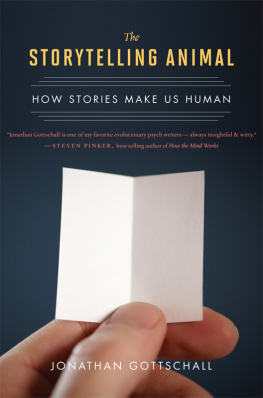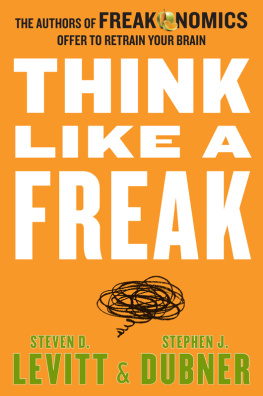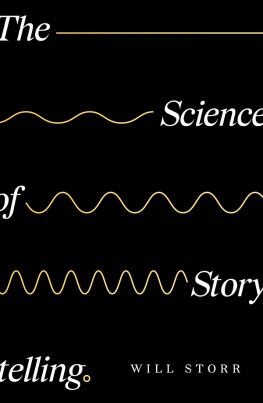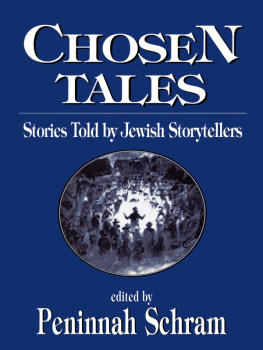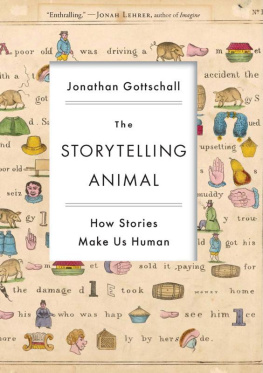STORIES MAKE THE WORLD
STORIES MAKE THE WORLD
Reflections on Storytelling and the Art of the Documentary
Stephen Most

First published in 2017 by
Berghahn Books
www.berghahnbooks.com
2017 Stephen Most
All rights reserved. Except for the quotation of short passages for the purposes of criticism and review, no part of this book may be reproduced in any form or by any means, electronic or mechanical, including photocopying, recording, or any information storage and retrieval system now known or to be invented, without written permission of the publisher.
Library of Congress Cataloging-in-Publication Data
Names: Most, Stephen author.
Title: Stories make the world : reflections on storytelling and the art of the documentary / Stephen Most.
Description: New York : Berghahn Books, 2017. | Includes bibliographical references and index.
Identifiers: LCCN 2017012306 (print) | LCCN 2017021569 (ebook) | ISBN 9781785335778 (eBook) | ISBN 9781785335754 (hardback : alk. paper) | ISBN 9781785335761 (pbk. : alk. paper)
Subjects: LCSH: Documentary films--History and criticism. | Documentary films--Authorship.
Classification: LCC PN1995.9.D6 (ebook) | LCC PN1995.9.D6 M615 2017 (print) | DDC 070.1/8--dc23
LC record available at https://lccn.loc.gov/2017012306
British Library Cataloguing in Publication Data
A catalogue record for this book is available from the British Library
ISBN: 978-1-78533-575-4 (hardback)
ISBN: 978-1-78533-576-1 (paperback)
ISBN: 978-1-78533-577-8 (ebook)
CONTENTS
A Note on Viewing the Films in this Book
Many of the films discussed in Stories Make the World and their trailers can be viewed online, in some cases for free, on the following websites:
Berkeley in the Sixties (, Imagining Freedom)
www.youtube.com/watch?v=WHhUuzBodQc [excerpt]
Dark Circle (, Fire in the Cave)
www.videoproject.com/stories
Eduardo the Healer ( / Eduardo Caldern)
www.youtube.com/watch?v=s4ZYNyP9qoM
Freedom on My Mind (, Imagining Freedom)
www.vimeo.com/ondemand/freedomonmymind
Green Fire: Aldo Leopold and a Land Ethic for Our Time (, The View from the Sierra Madre)
www.aldoleopold.org/greenfire
Hannah Arendt (, Hannah Arendt)
www.imdb.com/title/tt1674773/videoplayer/vi1473357337 [trailer]
Identity Crisis (, Erik H. Erikson)
www.vimeo.com/kindlinggroup/erikson-trailer [trailer]
In the Image (, Through the Wall
www.vimeo.com/48892799 [trailer]
A Land between Rivers (, Land of Plenty)
www.videoproject.com/stories
Natures Orchestra (, Sounds of a Changing Planet)
www.videoproject.com/stories
Oil on Ice (, Baked Alaska)
www.videoproject.com/stories
Places for the Soul (, Fields of Centers)
www.videoproject.com/stories
Promises (, Through the Wall)
www.rocofilms.com/film.php?code=PROM
River of Renewal (, Upstream, Downstream)
www.videoproject.com/stories
Wilder than Wild (, The Rim of the World)
www.videoproject.com/stories
For Rachel & Jonah
with love & admiration
INTRODUCTION
We tell ourselves stories in order to live.
Joan Didion
Fire on Earth, if spotted by creatures living elsewhere in our galaxy, would serve as evidence of life on this planet. Fire needs oxygen. Plant photosynthesis releases oxygen into Earths atmosphere, and animal respiration cycles this oxygen, keeping the supply in stable balance.
Long before there were human beings, those aliens, having seen fire, could have predicted that intelligent life would arise on Earth with the emergence of a species able to carry, control, and use combustion.
The Promethean spark was ignited about a million years ago when Homo erectus and other hominids walked the Earth. The generation of warmth, enabling bands to migrate into and survive within cold climes; the flames that protected them from predators; the increase in calories that came from burning animal habitats for hunting and scavenging; and the ability to cook food, reducing the energy needed for digestion, were powerful factors in hominid evolution, making possible the growth of a brain able to invent symbolic forms.
According to neuroscientist Antonio Damasio, storytelling emerged at the dawn of full-fledged human consciousness. Imagining early humans sometime after verbal language established itself as a means of communication, he concluded that narratives have shaped human identity and cultural evolution ever since. Thanks to fire, and often by firelight, human beings have told the stories that make our worlds.
Stories make the world, for the world is not a fixed entity. Although the term refers to natural places and human creations that endure over the ages, these change continually as subjects for discourse and arenas for action. The world connects and separates people who, influenced by stories, maintain and expand the web of human relationships or differ in ways that tear it apart. Some groups assert an identity that defines others out of their world, categorically rejecting them as evil, ungodly, or less than human. Some include all of humanity within their world, others all of life; and people from the beginnings of human life have experienced a world that encompasses all of nature from the stars above to the ground beneath their feet.
We need stories to orient ourselves within the flood of impressions and the multitude of possibilities. Hannah Arendt thought that in order to say what is, to distinguish reality from the totality of facts and events, which, anyhow, is unascertainable, a person always tells a story, and in this story the particular facts lose their contingency and acquire some humanly comprehensible meaning.
Stories hold groups together in shared associations over vast reaches of time and space. They inspire transformational events, including wars and revolutions, and make reconciliation with adversaries possible. Personal stories, imagined and remembered, mark the continuity of a life while explaining changes in roles and situations. Stories are so intrinsic to being human that their influence can be taken for granted, just as people may take health for granted until illness affects their lives.
Today, when individuals have more access to international travel, information, and communications than has previously been possible, humanity has a common objective world yet one whose subjective boundaries continue to shift, its lines drawn as much by stories as by armies and alliances. Today, when an unprecedented variety of apparently true accounts is accessible to all, those who seek understanding have to find their bearings. Choices about who speaks truly and what is right can matter greatly not only in guiding individual lives and the course of nations but also humanitys response to the global impacts of Promethean fire.

This is a book about nonfiction storytelling. In writing it, I have woven together four strands: reflections on storytelling as a crucial human activity whose forms, from primeval firelight to lighted screens, include ceremonies, theater, paintings, photography, and movies as well as the spoken and written word; profiles of individuals, some of whom I have known, whose storytelling has had an enduring influence; inquiries into the subjects of various documentary films and the choices involved in representing them; and insights based on my experiences as a filmmaker in turning a wide range of subjects into stories for documentaries.
Next page

